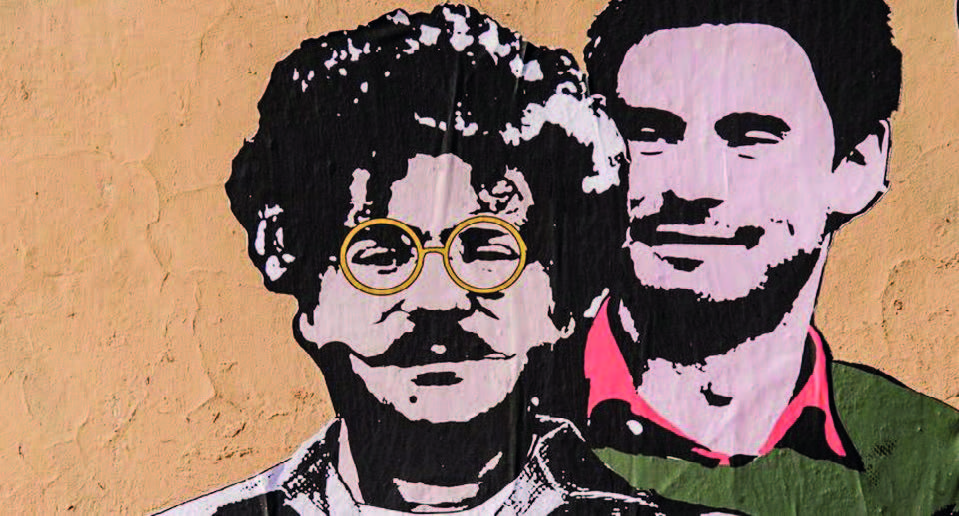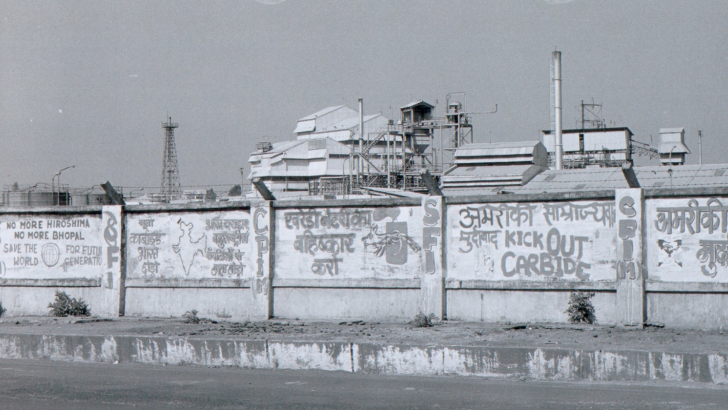
Universities are increasingly called upon to respond to crises that involve academic communities and higher education institutions, particularly when violations of academic freedom force members of such communities into exile and displacement. Recent crises as in Afghanistan, Ukraine and most recently Iran, have catalysed the attention of the academic world because of their magnitude and implications. They have raised universities’ attention and strengthened their commitment in support of researchers, scholars and students who have been and are strongly affected by on-going events. This is manifested in the growth of networks such as Scholars at Risk, which in Italy has grown from 14 founding members in 2019 to 38 at the beginning of 2023.
Yet academic freedom is constantly violated in multiple and diverse contexts, as reported in the Scholars at Risk Free to Think annual reports. The latest report, Free to Think 2022, documents 391 attacks on higher education communities in 65 countries and territories, from September 1, 2021, to August 31, 2022. “During that time, armed conflict and political upheaval endangered entire higher education communities, disrupted academic activity, and severely undermined academic freedom, institutional autonomy, and other university values, making them the most concerning trends from this reporting period.”
Serious violations of academic freedom have occurred in Europe in recent years. Consider for example the departure of the Central European University from Hungary and its relocation to Austria, the closure of courses on gender studies in Poland and Romania. Scholars who have worked in European institutions have been arrested and imprisoned, for example the Iranian/Swedish doctor and academic Ahmadreza Djalali who worked at the Università Piemonte Orientale and contributed to the creation of the Centre for Disaster Medicine (CRIMEDIM). He has been in Evin prison, in Iran, since 2016 and has been sentenced to death.
There are also cases of ‘international’ students enrolled at European universities being arrested when returning to their own countries - the most well known case in Italy is of course the Egyptian student Patrick Zaki. Enrolled in the Erasmus Mundus Master’s Degree in Women and Gender Studies at the University of Bologna, he was arrested at Cairo Airport on 7 February 2020 when returning home on a short visit. He was detained until 9 December 2021 when he was released from prison though charges were not dropped. On 18 July 2023 he was sentenced to three years of prison, but then pardoned by the Egyptian President and released on 19 July.
These violations, and the resulting calls for support and solidarity of members of the affected academic communities challenge universities around the world to implement concrete practices of solidarity such as hosting and protecting scholars and students, providing them with safe refuge where they can continue to carry out their research and studies.
Universities are also called upon to advocate for the principles and values that are constitutive of university life and to engage with various publics and institutions - in a multilevel context - to raise awareness of the importance of academic freedom and to create mechanisms of sustained collaboration.
At the political level statements on academic freedom have been made by organisations such as the European Parliament, Ministers of the European Higher Education Area and the European Commission, which sees ensuring academic freedom as a prerequisite for the creation of the European Education Area and the European Research Area.
The European Students’ Union (ESU) has established a Task Force on academic freedom and has been mapping students’ awareness of and involvement with academic freedom and other fundamental values and building the capacity of student representatives on these themes. Universities are beginning to run courses on the theme of academic freedom and advocacy, for example the Student Advocacy Seminars which are being run at universities in Europe, Canada and the United States in collaboration with SAR. In Italy, seminars have been running at the Universities of Padova and Trento.
What these recent statements and activities highlight is that a better understanding of academic freedom and related issues is key to ensuring the protection of academic freedom and higher education values in Italy and in Europe. The BoLive has already published several articles on this theme, such as an editorial on SAR’s Free to Think 2019 report, an article on the attacks on academic freedom in Turkey and an interview with Turkish sociologist Asli Vatansever, hosted at the University of Padova in 2017-18, thanks to a project co-funded by Scholar Rescue Fund. BoLive has also published students’ articles about their advocacy work, Freedom for Djalali and Zaki: Student Advocacy Day. Given the University of Padova’s commitment to freedom in research and teaching - as repeatedly highlighted during the celebration of its 800 years in the course of events in 2022 - we believe it is time to start a dedicated space so as to pay sustained attention to when, where, how academic freedom is violated around the world, and to reflect on how these violations impact on our academic lives, as researchers, educators, students and citizens.
With the present contribution we initiate a new series of articles which will be published on Il Bo Live about academic freedom, a value which is core to the identity of the University of Padova, and it is now the motivation behind the latest scholarship programme Unipd for scholars and students at risk. Future articles will address a range of themes, from interviews with and articles written by displaced scholars hosted at Italian universities, to considerations on the multiple dimensions of academic freedom, articles written by students taking part in advocacy seminars and reports on specific national or regional contexts.




